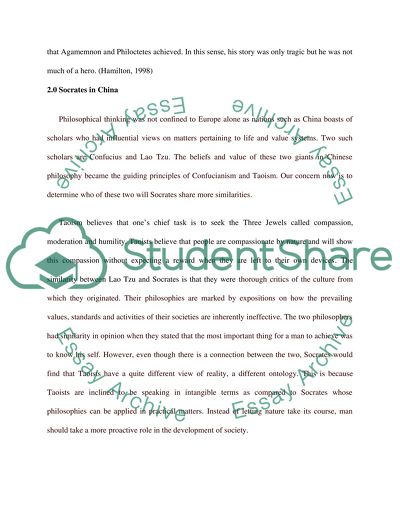Cite this document
(“Ancient Greek Literature: Tragic Heroes Essay Example | Topics and Well Written Essays - 1250 words”, n.d.)
Ancient Greek Literature: Tragic Heroes Essay Example | Topics and Well Written Essays - 1250 words. Retrieved from https://studentshare.org/literature/1543595-multi-topic-essay-covering-early-and-late-greek-legacy-1000-words
Ancient Greek Literature: Tragic Heroes Essay Example | Topics and Well Written Essays - 1250 words. Retrieved from https://studentshare.org/literature/1543595-multi-topic-essay-covering-early-and-late-greek-legacy-1000-words
(Ancient Greek Literature: Tragic Heroes Essay Example | Topics and Well Written Essays - 1250 Words)
Ancient Greek Literature: Tragic Heroes Essay Example | Topics and Well Written Essays - 1250 Words. https://studentshare.org/literature/1543595-multi-topic-essay-covering-early-and-late-greek-legacy-1000-words.
Ancient Greek Literature: Tragic Heroes Essay Example | Topics and Well Written Essays - 1250 Words. https://studentshare.org/literature/1543595-multi-topic-essay-covering-early-and-late-greek-legacy-1000-words.
“Ancient Greek Literature: Tragic Heroes Essay Example | Topics and Well Written Essays - 1250 Words”, n.d. https://studentshare.org/literature/1543595-multi-topic-essay-covering-early-and-late-greek-legacy-1000-words.


